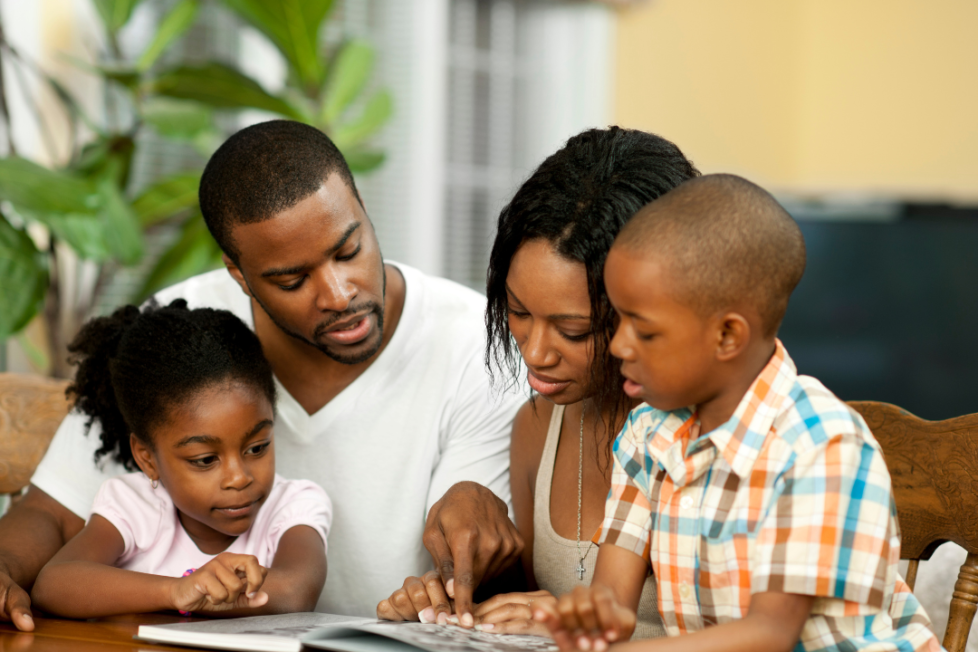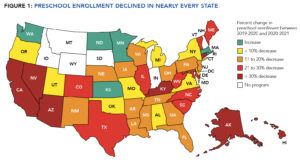Growing pains: The babies that learned despite the COVID crisis (Development)


Part 3 of a 4-part series— From the time of a child’s birth and throughout their first five years, their brain will grow faster than at any other time in their life.
There’s a lot to learn in those first years that equip the child with the building blocks that are needed to attend school.
Unfortunately, for those children born between 2014 to 2017, the pandemic altered that developmental process.
The first years of school provide lessons that can’t be taught at home. Kids need social and behavioral skills — like independence, curiosity, and self-control — as much as they need early academic skills — like counting or knowing some of the letters in their names.

“The pandemic erased an entire decade of progress in preschool enrollment,” said Steven Barnett, senior co-director of the National Institute for Early Education Research.
Despite the need, additional research has been scarce for these students which has caused an even larger problem for those parents in need of resources. President Joe Biden addressed the disparities early on in his presidential campaign with the Build Back Better domestic spending package that included $400 billion for child care and pre-K. The package was eventually stalled after funding was shifted to support the war in Ukraine.
One of the few pieces of research that can be found on the topic is by the Society of Research And Child Development which compared two groups of four- to six-year-olds.
The findings showed that “children who had already been struggling at age four classrooms displayed larger developmental losses, thus increasing the achievement gap. The findings can directly inform public policy by targeting interventions for children at greater risk. This is particularly relevant to educational achievement since cognitive skills during the transition from preschool to primary school are predictors of later academic outcomes, a phenomenon that is studied under the concept of ‘school readiness’,” said Meliza Gonzalez, a researcher at the Universidad de la República.
Students aged 3 to 5 years old suffered the most in the following areas according to the study.
See List below:
Language and early literacy skills (like vocabulary and how to handle books)
Listening skills (“Attending kindergarten involves lots of listening!”)
Following directions (with one or two steps)
Fine motor skills (to hold writing tools or use scissors)
If your child is lacking in the following areas visit your local Child Welfare Information Gateway to assist you with resources for your child’s development.
I will be dropping more information each week throughout the month of December during our COVID education series. If there is a topic that you would like us to research email us at info@bayoubeatnews.com
